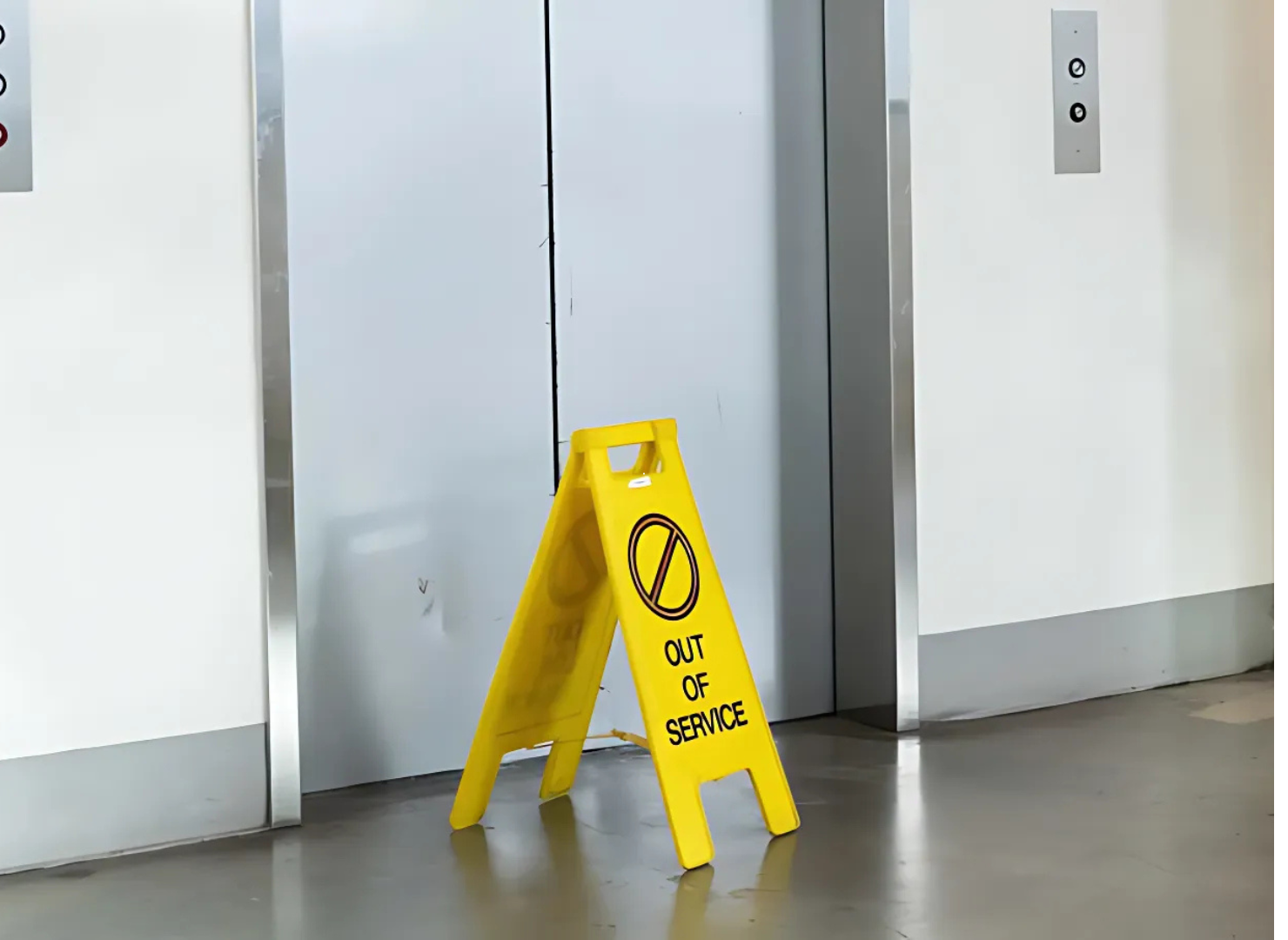Tenancy Agreement Problems (and how to avoid them!)
The most important piece of paperwork for any landlord and tenant is the tenancy agreement.
But it’s also a document that can cause huge problems if it contains incorrect information or isn’t the correct type of agreement.
In this guide, we explain everything Landlords and tenants need to know about the different types of tenancy agreement, outline some common problems and reveal how you can avoid them.
What is a Tenancy Agreement?
A tenancy agreement is a legal contract between a landlord and a tenant that outlines the terms and conditions and obligations of both while the tenant rents a property.
Types of tenancy agreement
The different types of private tenancy agreement in the UK include:
- Assured Shorthold Tenancies
- Assured Tenancies
- Regulated Tenancies
What is a shorthold tenancy agreement?
Assured Shorthold Tenancies are the most common private rental agreements between residential landlords and tenants.
Assured Shorthold Tenancies are issued when:
- The landlord and tenant don’t live in the same property
- The tenant is renting a private property through a private landlord
- The tenant has control over the property and who visits it
- The tenancy began on or after February 28, 1997
Assured Shorthold Tenancies can be:
- Signed by joint tenants, meaning more than one person is responsible for any rent arrears or damage caused to the property by other tenants or visitors
- In place for a fixed term or as a periodic agreement, which rolls on a weekly or monthly basis
What is an assured tenancy?
Assured tenancies were the most common form of private rental agreement until 1997, when assured shorthold tenancies became the default agreement.
The main difference between an assured tenancy and an assured shorthold tenancy is security of tenure.
With an assured tenancy, the tenant has indefinite rights to live in the property as long as they continue to meet the terms of the agreement.
A tenancy may be an assured tenancy if it started between January 1989 and February 1997 and hasn’t been amended to an assured shorthold tenancy since.
Although assured tenancies are rarely used by private landlords, they are still used by housing associations.
What is a regulated tenancy?
Under a regulated tenancy, tenants are charged ‘fair’ rent with a maximum amount issued by the Valuation Office Agency which is reviewed every two years.
Regulated tenancies offer tenants lifelong tenure so long as they continue to pay rent and stick to the terms of the agreement.
Most remaining regulated tenancies started before January 15, 1989.
What is a rolling tenancy agreement?
A rolling or periodic tenancy is an agreement that renews either weekly or monthly with no end date.
Periodic tenancies usually kick in at the end of a fixed term assured shorthold tenancy and can be ended by either the landlord or the tenant giving the required notice to the other.
What are express terms in a tenancy agreement?
Express terms are those written into the tenancy agreement and agreed by the landlord and tenant when the agreement is signed.
A written tenancy agreement should include:
- The tenant(s) name(s) and the landlord's name
- The address of the property being let
- The start date of the tenancy
- Any details of other people using the property and on what basis
- The length of the tenancy
- The monthly rent amount, how often it should be paid and how
- What else is included in the rent, i.e. council tax, utility bills etc
- Details of other services provided and the charges (if any) for these, i.e. gardening, cleaning.
- The amount of notice required for either the landlord or tenant to end the tenancy
What are implied terms in a tenancy agreement?
Implied terms are those supported by laws and regulations and form part of all tenancy agreements.
So, even though they may not be set out in a written tenancy agreement, they still form part of the contract between landlord and tenant.
Those terms could include:
- Carrying out basic repairs to water supply, gas, electricity, sanitation, and heating
- The tenant's right to peaceful enjoyment of the property, without harassment from the landlord
- The tenant’s obligation to not cause damage to the property
- The tenant’s obligation to provide access to the property for repair work
When does a tenancy agreement become legally binding?
Tenancy agreements, like all legal documents and contracts, become legally binding as soon as the landlord and tenant have signed the document.
Those signatures are statements from both the landlord and the tenant that they agree to the terms set out in the agreement.
What makes a tenancy agreement invalid?
Any tenancy agreement that states either the landlord or the tenant has fewer rights than those laid out in law is an invalid tenancy agreement.
A tenancy agreement also shouldn’t contain any unfair terms that disadvantage the tenant or landlord, including:
- Terms stating the tenant must pay for repairs that are the landlord’s obligation
- Terms stating the landlord can enter the property at any time without notice
These kinds of terms would not be legally binding for the tenant, but the remaining fair terms in the agreement would be.
What happens when a tenancy agreement is broken?
If either a tenant or landlord breaches the terms of their tenancy agreement, the other may be able to take action.
Possible tenant tenancy breaches
The most common breaches of tenancy agreements by tenants include:
- Failing to pay their rent in full or on time
- Smoking in the property
- Anti-social behaviour
- Causing damage to the property
- Sub-letting a room without permission
- Keeping pets without permission
If a landlord deems a tenant to be in breach of their agreement, they may be able to regain possession of their property before the end of a fixed term through a section 8 notice.
Possible landlord tenancy breaches
Landlord tenancy breaches are thankfully rare, but could include:
- Entering the property without permission or with force
- An unlawful eviction of a tenant
- Failure to comply with health and safety legislation
- Failure to comply with enforcement action
- Failure to licence a property that requires a licence, such as a large House in Multiple Occupation (HMO)
If a tenant is affected by their landlord breaching the terms of a tenancy agreement, they may be able to take them to court.
Common problems with tenancy agreements
Common problems with tenancy agreements in the UK include:
1. Not having a written tenancy agreement
While having a written tenancy agreement isn’t a legal requirement, only having a verbal agreement can result in a situation where it’s one person’s word against the other.
Even if the relationship between a landlord and their tenant is strong, a verbal tenancy agreement is never recommended.
2. Having the wrong type of tenancy agreement
Most tenancy agreements are assured shorthold tenancies – but not always.
Scenarios where a different tenancy agreement may be required include:
- When the tenant is a business or limited company
- When the landlord lives in the same building but in a self-contained dwelling
- When the annual rent exceeds £100,000
Having the right agreement in place in crucial and the best way to ensure you do is to use a letting agent.
3. An unsigned tenancy agreement
All tenancy agreements should be signed by both the landlord and the tenant before the tenant moves in.
A tenancy agreement that hasn’t been signed may mean one or both parties are not bound by the terms within it.
‘’When signing a tenancy agreement as a tenant, always check the finer details and agree to your obligations during tenancy. If something does not look right – bring it up straight away before signing,” advises Rob Smith, Managing Director of Whitegates.
“As the landlord, it is your responsibility to ensure your contracts are signed by both you and your tenants.
Using a letting agent to draw up your agreement gives you greater piece of mind that someone is there to handle the legal obligations for you.”
4. A tenancy agreement with incorrect dates
All tenancies should have a start date and an end date, and these should be clear on the tenancy agreement.
If they're not, or they are incorrect, this could cause problems if or when either the landlord or tenant wishes to give notice.
5. Missing occupiers on a tenancy agreement
Anyone over the age of 18 living in a rental property should be named on the tenancy agreement.
This helps to avoid a scenario where someone who isn’t named on the agreement remains in the property after others who were named have moved out.
6. Amending tenancy agreement terms without expert help
Tweaking or adding to an existing tenancy agreement can result in unfair terms being present.
For example, amending something that affects a tenant’s statutory right to quiet enjoyment would not be enforceable by law.
Legislation changes all the time, too, so using an old tenancy agreement as a template for a new one is also poor practice.
The best way to ensure a tenancy agreement is legally watertight is to use a letting agent.
How to end a tenancy agreement
Assured shorthold tenancy agreements provide both the landlord and the tenant with a level of security from a fixed term.
So, it’s extremely difficult for either party to end a tenancy agreement early, unless:
- There is agreed break clause term in the tenancy agreement
- Either the landlord or tenant is in breach of the tenancy agreement terms
To end an assured shorthold tenancy agreement, the landlord must:
- Issue a section 21 notice to the tenant if the tenancy is at the end of a fixed term or is a periodic tenancy, giving not less than two months’ notice
- Issue a section 8 notice if they have grounds to evict, such as the tenant being in rent arrears or the property being damaged
- Give the required notice period when issuing a section 8 notice, which can vary depending on the grounds for eviction
Tenants who wish to end an assured shorthold tenancy, meanwhile, must:
- Provide the landlord with the required notice period as stated in the tenancy agreement
- Pay the rent up until the tenancy end date stated in the tenancy agreement









